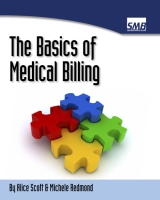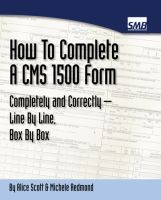One of the other provisions was to extend the exceptions process of PT and OT therapy caps. Claims for outpatient therapy with dates of service on or after July 1st that exceed the current cap can be submitted using the KX modifier. The KX modifier indicates that the therapy cap exception has been approved or it meets all the guidelines for an automatic exception. In order for claims to be paid specified required documentation must be on file.
The current caps are $1810 for physical therapy and speech therapy combined and $1810 for occupational therapy, for the 2008 calendar year. Deductible and coinsurance amounts as well as paid amounts count towards the cap. If services meet the exception criteria and are billed using the KX modifier they will be paid beyond the cap.
Prior to Congress passing this new legislation providers were instructed not to submit claims using the KX modifier for any services after July 1st. Claims that were already submitted for dates of service after July 1st without the KX modifier that are over the cap will be denied. The claims need to be resubmitted with the KX modifier.
Remember, in order for claims to be paid with the KX modifier they must meet the exception criteria. The exception must either be an automatic exception or be approved by Medicare after the appropriate documentation was submitted for review. The list of ICD-9 codes that qualify for an automatic exception can be found on the CMS website.
If you have a patient who doesn’t qualify for the automatic exception but you feel they need additional therapy you need to submit a request to your Medicare carrier. You should include an evaluation and certified plan of care, Physician approval, clinician signed interval progress reports, treatment encounter notes, and records justifying services over the cap.
The legislation has extended the exceptions process for the therapy caps until December 31, 2009.



